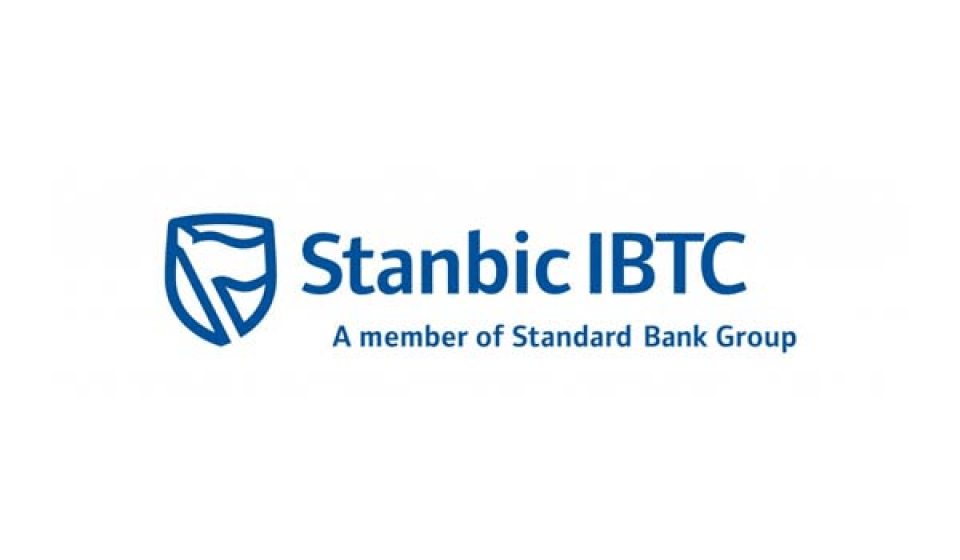The removal of the fuel subsidy in Nigeria caused a sharp strengthening of price pressures in June, according to Stanbic IBTC’s Purchasing Managers Index report.
The report, which measures the pulse of private sector activity on a monthly basis said that business confidence dipped to a near-record low as intensifying inflationary pressures encouraged companies to expand inventories to try and get ahead of further price increases.
It noted that the headline PMI remained above the 50.0 no-change mark in June. Although dipping slightly to 53.2 from 54.0 in May.
While overall business conditions remained on a positive trajectory, firms faced a much stronger inflationary environment at the end of the second quarter of the year, linked to the removal of the fuel subsidy.
Purchase prices increased at the fastest pace since last August, while the rate of selling price inflation accelerated sharply to the steepest in the year-to-date as firms passed higher costs on to their customers.
Some companies reported having brought forward purchasing and expanded inventories ahead of predicted increases in the cost of materials in the months ahead. This, allied with increasing workloads, meant that stocks of purchases were accumulated to the largest degree in eight months.
Business confidence dropped to the second-lowest on record in June and was only fractionally above last November’s nadir.
The Head of Equity Research West Africa at Stanbic IBTC Bank, Muyiwa Oni said that even though overall business conditions remained on a positive trajectory, firms faced a much stronger inflationary environment in June following the removal of the fuel subsidy.
He said, “Input prices increased at the fastest pace since Aug 22, while the rate of selling price inflation accelerated sharply as firms passed higher costs on to their customers.
“Consequently, rates of expansion in output and new orders softened during the month. Notably, business confidence dipped to a near-record low while companies expand inventories to try and get ahead of further price increases.”


previous post
next post


